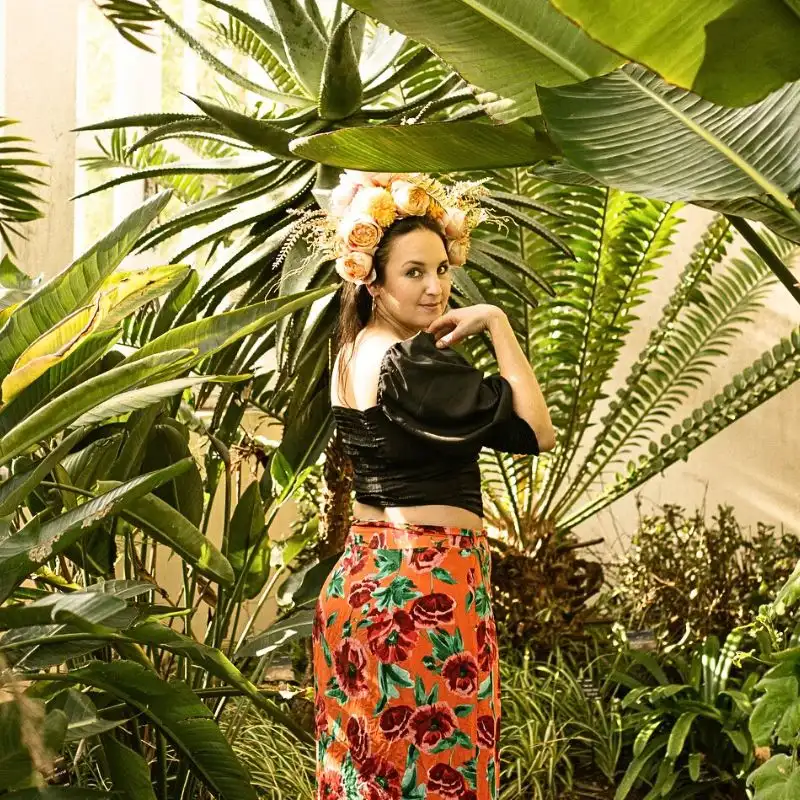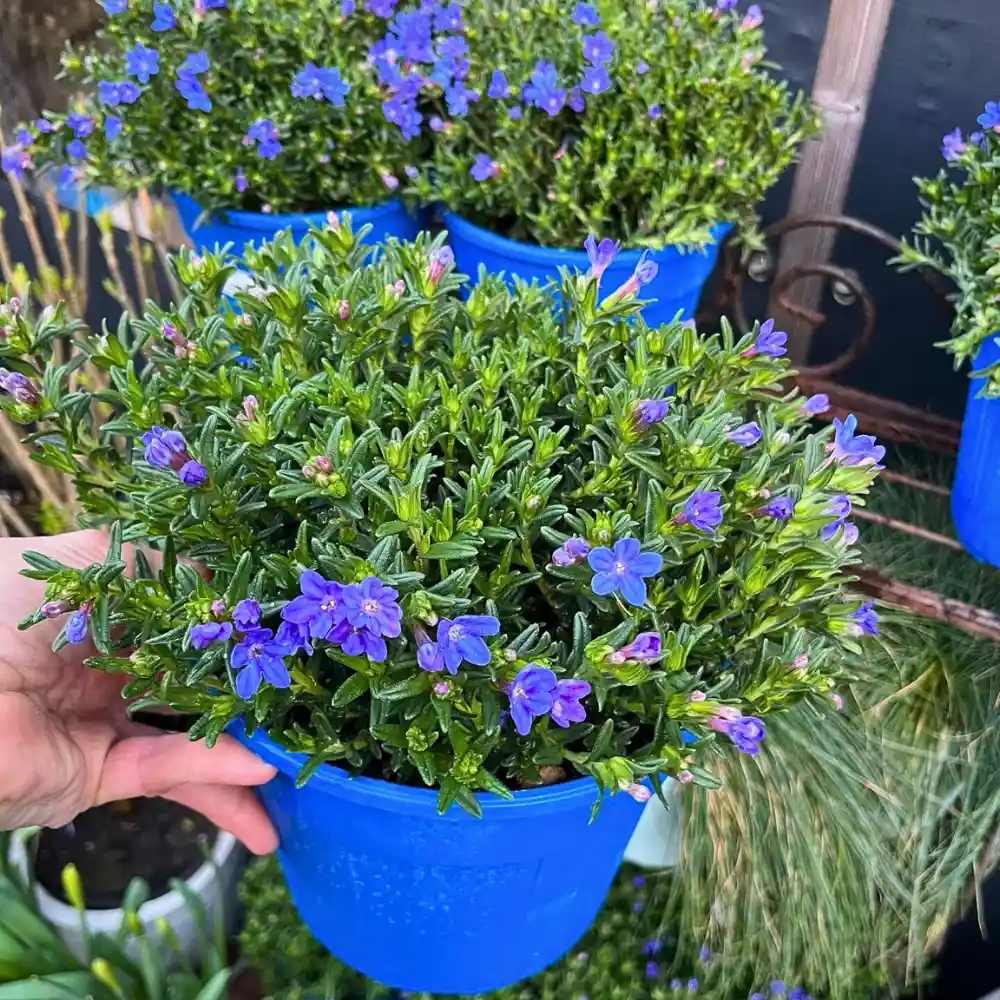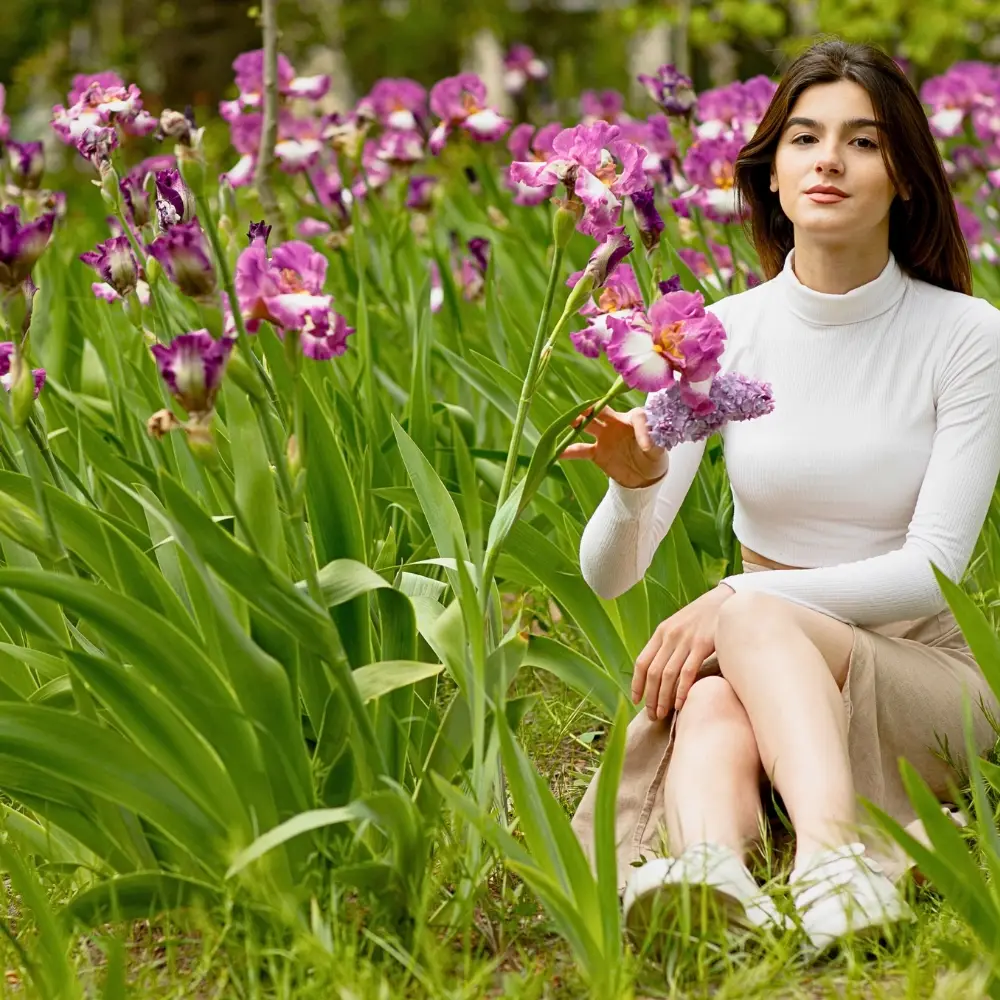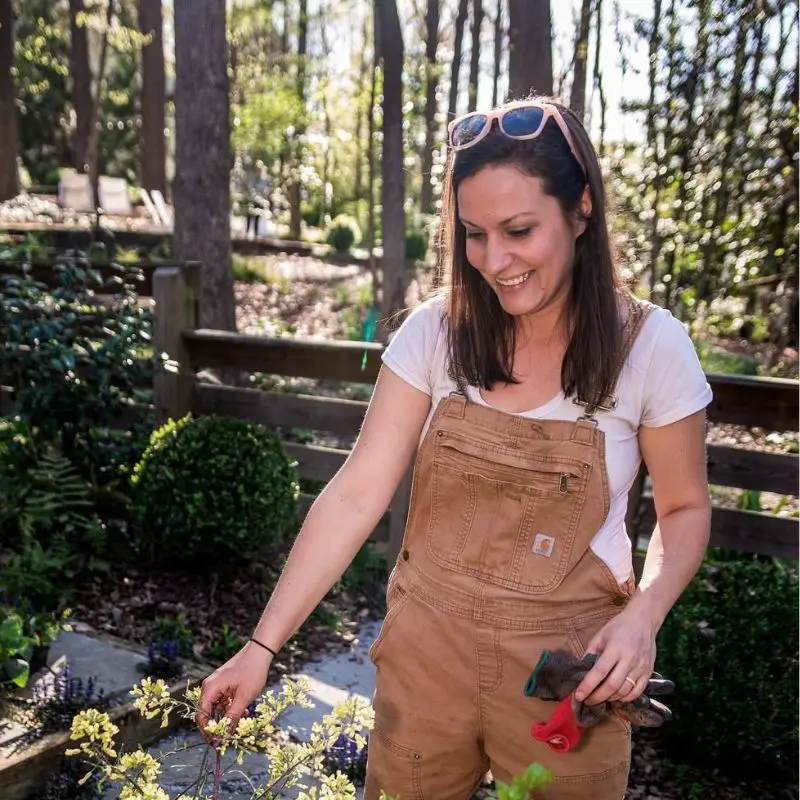If you live in a house, taking care of your garden is one of the steps to having a well-maintained home. However, gardening requires effort, time, and money as well. In fact, did you know that a gardener will charge you between $50-$100 per hour?
This is where mulch can come into the picture. In fact, using mulch in gardening reduces the effort and money you have to otherwise pay. Even though most of the time mulch is perceived as a background material, it has an essential role when it comes to beautifying your garden, as well as keeping it healthy.
Mulch won’t only transform your garden visually, but it’ll also enhance soil health, provide a chance for water conservation, and give you a chance to apply eco-friendly principles.
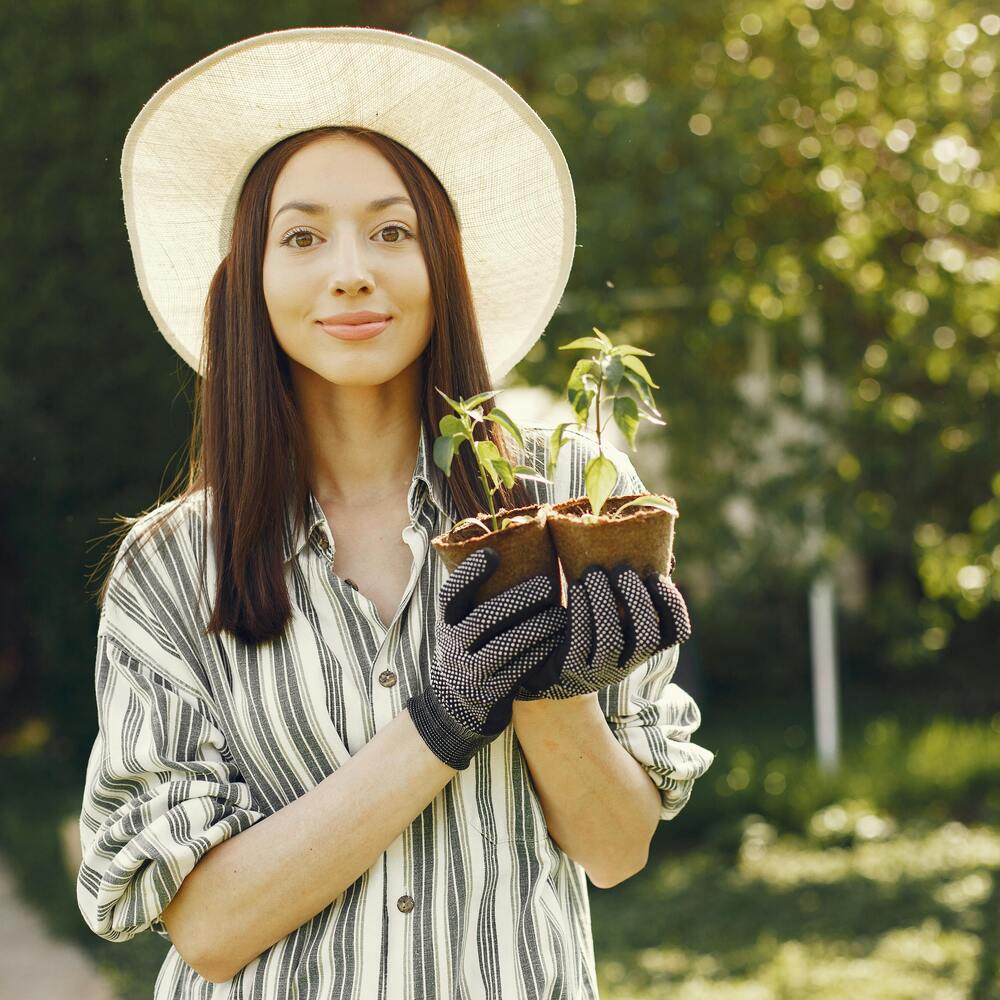
So, how can you use this simple garden element in creating the landscape you’d want to wake up to?
Let’s dive in and find out how mulch can beautify your garden.
But, first let's understand what mulch is.
Mulch refers to any material spread over as a layer on the soil. It's used to moisturize the soil, suppress weeds, keep the soil cool, and make the garden bed more attractive. There are two types of mulches, organic and regular. Organic mulches, such as wood chips, straw, and leaves, also help improve the soil's fertility due to decomposition. Inorganic mulches, like stones, gravel, and rubber chips, won’t enrich the soil, but will add a decorative touch.
To get the right type for your garden, you can conduct a simple online search, using the keyword “mulch for sale near me” this way you can easily find quality local mulch for your garden.
How Can Mulch Be Used in Garden Design?
Mulch can be a gardener's best friend when it comes to designing a garden. By carefully selecting the type and color of mulch, you can create contrasts and highlight certain flowers.
Here are a few ways mulch can be used in garden design:

Using Contrasting Colors
Mulch can create contrasts in your garden: for instance, dark mulches can make green leaves and colorful flowers pop, while lighter-colored mulches can brighten up some areas. Also, nowadays, you can find colored mulch in plenty of different colors, which offers you a chance to get creative with various garden themes. Blue mulch can mimic water features, while red or gold can add warmth. However, it's essential not to overdo it with colored mulch because you might want to leave the spotlight on the natural beauty and color of plants and flowers.
Put the Spotlight on an Area
With different types of mulch, you can make certain areas within your garden stand out. For instance, pebbles or gravel can create a desert-like feel, while organic mulch in vegetable beds will improve soil health. With a little creativity, mulch can be used to create shapes and patterns in the garden. You can experiment with circular mulch beds around trees or flower beds, as well as simple mulch "drawings" on the ground.
Pathways and Borders
Mulch can be used to create pathways within your garden as well as borders between two areas, for instance, grass and flowers. Wood chips or bark mulch are an excellent option for pathways, offering a soft, rustic look. On the other hand, you can combine mulch with stones, pavers, and other materials to create borders.

Mulch's Role in Keeping Your Garden Healthy
While mulch contributes to making your garden look good, its role in supporting a healthy garden is what is really crucial. Therefore, gardeners can use mulch not just as a decorative element, but in boosting garden health and sustainability.
Mulch provides a habitat for beneficial insects and organisms that play a crucial role in soil health and pest control. Organic mulches offer a thriving environment for earthworms, beetles, and microorganisms that live in the soil and break down organic matter, enhancing soil fertility.
As organic mulch decomposes, it adds essential nutrients back into the soil, promoting healthy plant growth. This process also improves soil structure, making it easier for plant and flower roots to get the nutrients they need.
At the same time, by maintaining a consistent moisture level in the soil, mulch reduces the need for frequent watering of the soil. This eco-friendly practice is essential in regions with water use restrictions or those experiencing drought conditions. In fact, mulch acts as an insulator for the soil, protecting roots from extreme temperature fluctuations. In hot climates, it keeps the soil cool; in cooler regions, it keeps the soil warm, extending the growing season for many plants.
Conclusion
Mulch is more than just a garden element that will beautify and make your garden be more healthy. It's key in keeping your garden sustainable, budget-friendly and effortless to maintain. By picking the right type of mulch for your garden and also using mulch wisely, you can build your garden's design, making flowers and plants stand out and look more beautiful.
Now that you know all the benefits that mulch can bring to your garden, are you ready to make a small investment that will double your garden’s worth?


